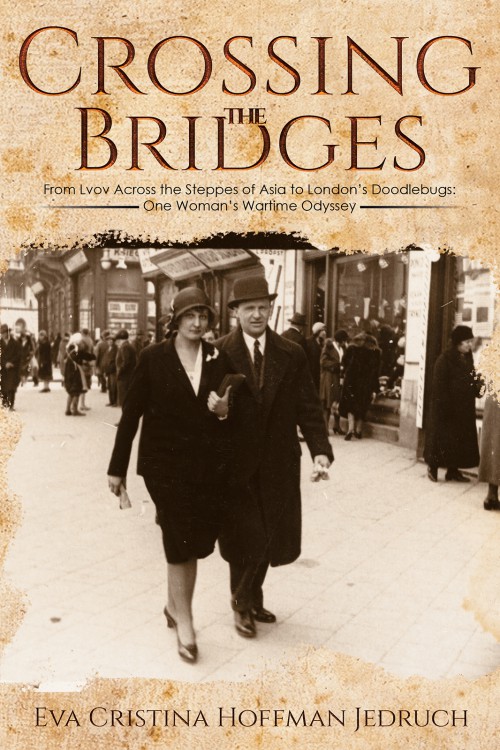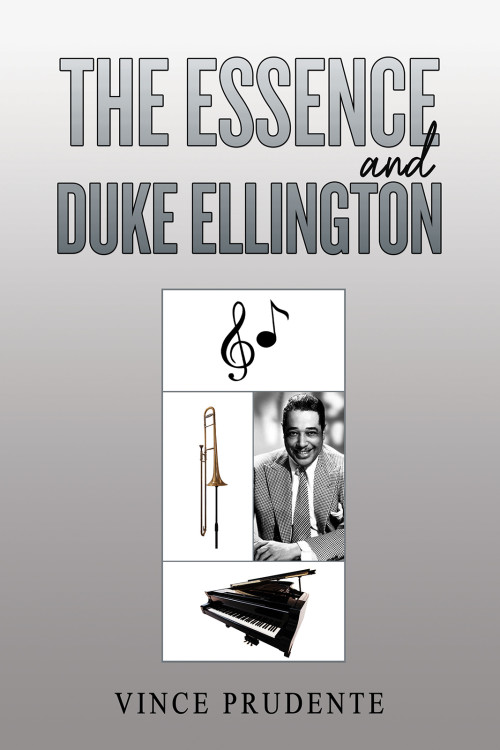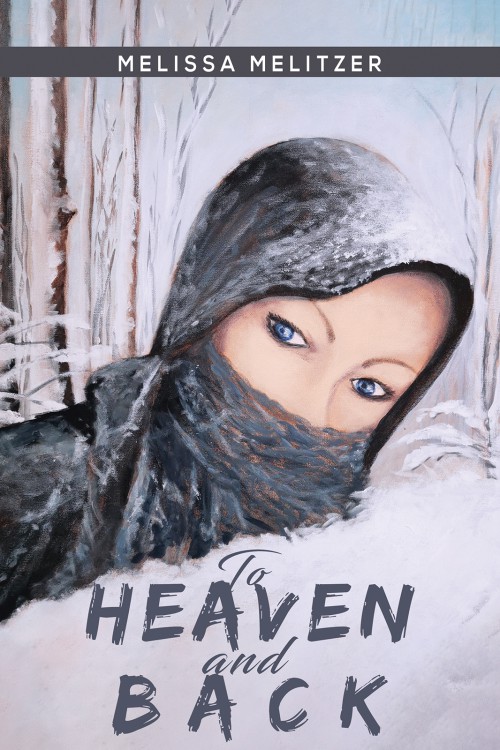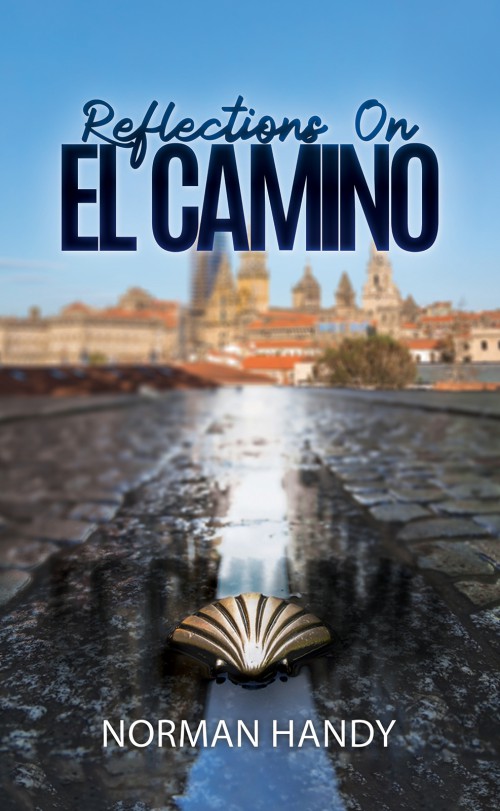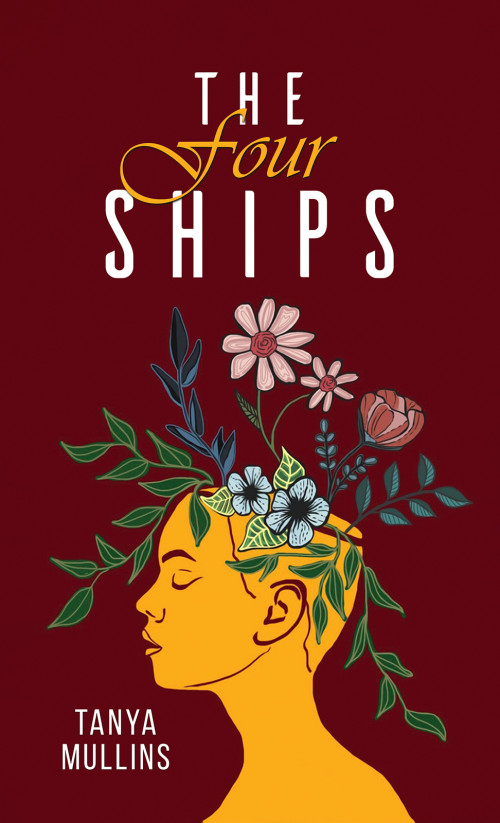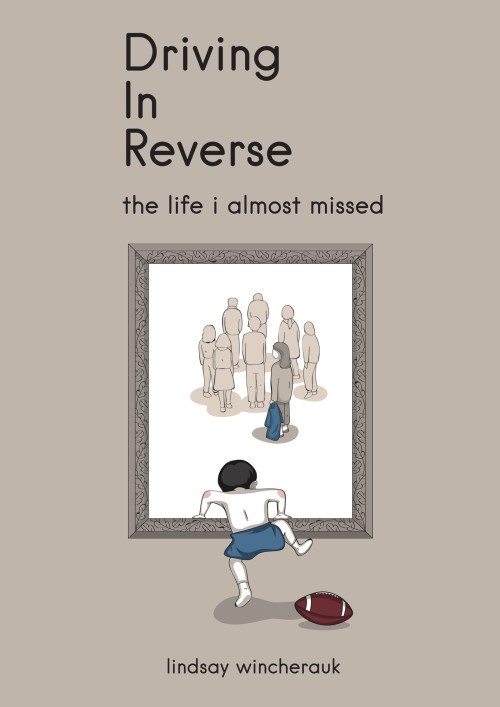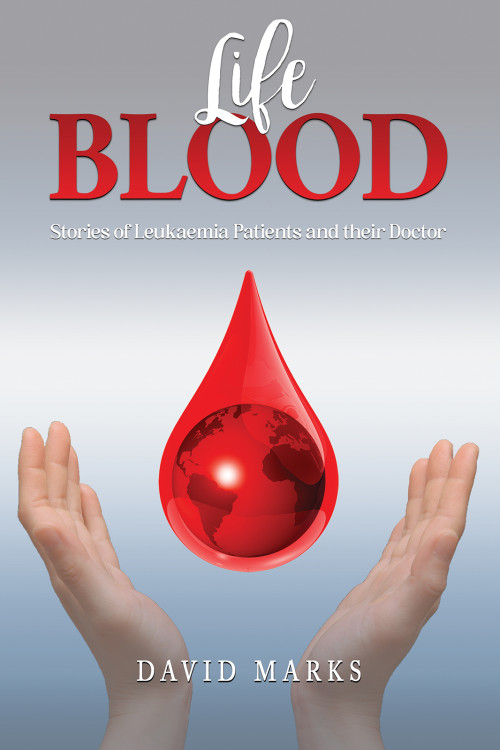At the turn of the twentieth century, Central and Eastern Europe was a configuration of nations dominated by three empires: Austrian, German and Russian, whose borders promised to be set in concrete. The Austrian Empire was a multi-ethnic entity of countries that had been absorbed over time. Among these were Polish lands annexed by Austria in the eighteenth century, which became the Austrian province of Galicia, where Zofia Neuhoff was born in 1905 into an upper-middle-class family. Victorian manners reigned supreme, young ladies were coached to gracefully alight from the carriage and ‘culture’ was a magic word, socially distinguishing people who possessed it from those who did not. That haute bourgeoisie morphed into the central-European intelligentsia.
Zofia’s childhood was upended by five years of WWI which she spent in the picturesque environs of Innsbruck. By 1918, the three imperishable empires disintegrated and several sovereign states emerged from the ruins. After the Neuhoffs returned to independent Poland, Zofia’s life continued on an even keel with a happy marriage and a law degree unusual for a woman in the 1930s. In September 1939, Poland was invaded by both Nazi Germany and Soviet Russia. Overnight, Zofia’s existence was shattered. Alone, with an 18-month-old toddler, in the midst of mass arrests and deportations of civilian population, how could she cope with this new harsh reality for which her sheltered life had not prepared her?

